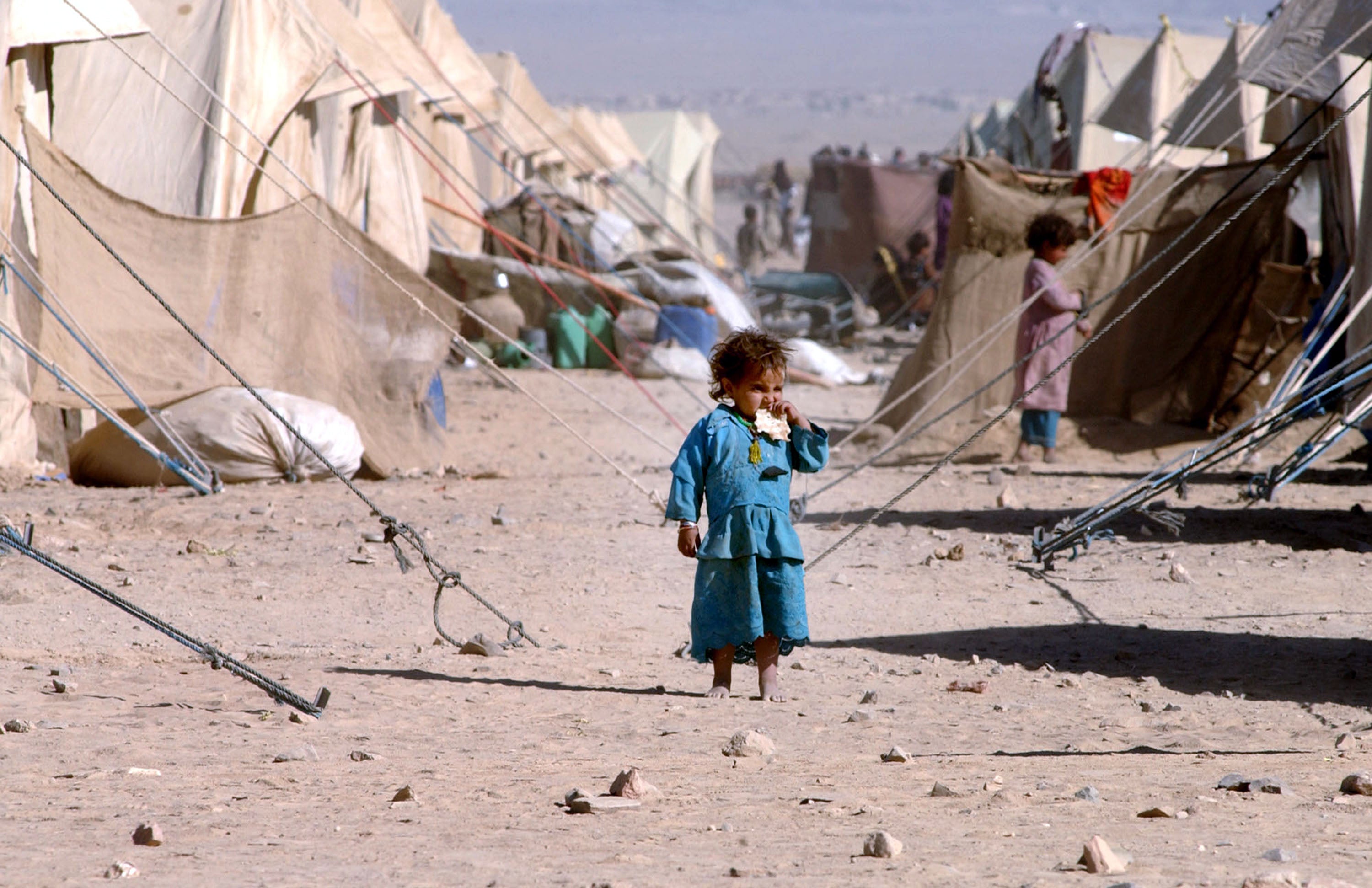Priti Patel’s immigration bill will ‘all but destroy’ main safe and legal route for refugees, charity warns
Refugee Council says limiting family reunion rights ‘flies in the face’ of commitments to ensuring safe routes

Your support helps us to tell the story
From reproductive rights to climate change to Big Tech, The Independent is on the ground when the story is developing. Whether it's investigating the financials of Elon Musk's pro-Trump PAC or producing our latest documentary, 'The A Word', which shines a light on the American women fighting for reproductive rights, we know how important it is to parse out the facts from the messaging.
At such a critical moment in US history, we need reporters on the ground. Your donation allows us to keep sending journalists to speak to both sides of the story.
The Independent is trusted by Americans across the entire political spectrum. And unlike many other quality news outlets, we choose not to lock Americans out of our reporting and analysis with paywalls. We believe quality journalism should be available to everyone, paid for by those who can afford it.
Your support makes all the difference.Thousands of vulnerable people who have been separated from loved ones during conflict will be blocked from reuniting with refugee family members in Britain due to the government’s plans to “all but destroy” the main legal safe route to the UK, a charity has warned.
The Nationality and Borders Bill, which has passed through the House of Commons and is currently being debated by Lords, seeks to penalise asylum seekers who arrive in the UK via unauthorised routes by granting them only temporary protection and limiting their family reunion rights.
The Refugee Council said the plan “flies in the face” of ministers’ commitment to strengthening safe routes to the UK and “undermines” the stated intention of the new bill to strengthen safe and legal routes.
Enver Solomon, chief executive of the charity, added that by removing refugees’ rights to family reunion, the government was “throwing thousands of highly vulnerable people into desperately precarious, risky situations and at risk of exploitation by people smugglers”.
“The cruel and heartbreaking irony is that this government’s proposal all but destroys the main legal safe route open to refugees and predominately used by vulnerable women and children – the very people this government has vowed to protect,” he said.
Around 29,000 people have been able to come to the UK safely through family reunion in the last five years – of whom more than 90 per cent were women and children. As many as 17,500 will be unable to access this route over the next five years under the new bill, the charity estimates.
In one case, Syrian national Mada and her children were able to reunite with her husband in 2018 after the family fled the Syrian War. He made the dangerous journey to the UK while his family remained in Egypt, where they struggled financially and were vulnerable to criminals.
“The most important thing for me and my children was safety. [In Egypt] I couldn’t afford to pay for school. The children didn’t feel safe, even at home [...] I feel lucky. I think about if I didn’t have this chance... I don’t want any family to go through that,” said Mada.
In Australia, the decision to limit family reunion rights for asylum seekers who arrived via irregular routes in 2013 was followed by a threefold increase in the percentage of refugee women and children trying to reach the country.
Refugee family reunion visas have been the main safe route to the UK in recent years, as the number of people arriving under this route has been higher than those arriving in the country under resettlement schemes. The number of people brought to Britain under resettlement schemes plummeted by 79 per cent between 2019 and 2021, from 5,606 to 1,171.
A Home Office spokesperson said: “Our New Plan for Immigration will fix the broken asylum system so that it is fair but firm, helping those in genuine need through safe and legal routes while stopping those who abuse the system. Family reunion will continue to play an important part of our immigration system.”
Join our commenting forum
Join thought-provoking conversations, follow other Independent readers and see their replies
Comments